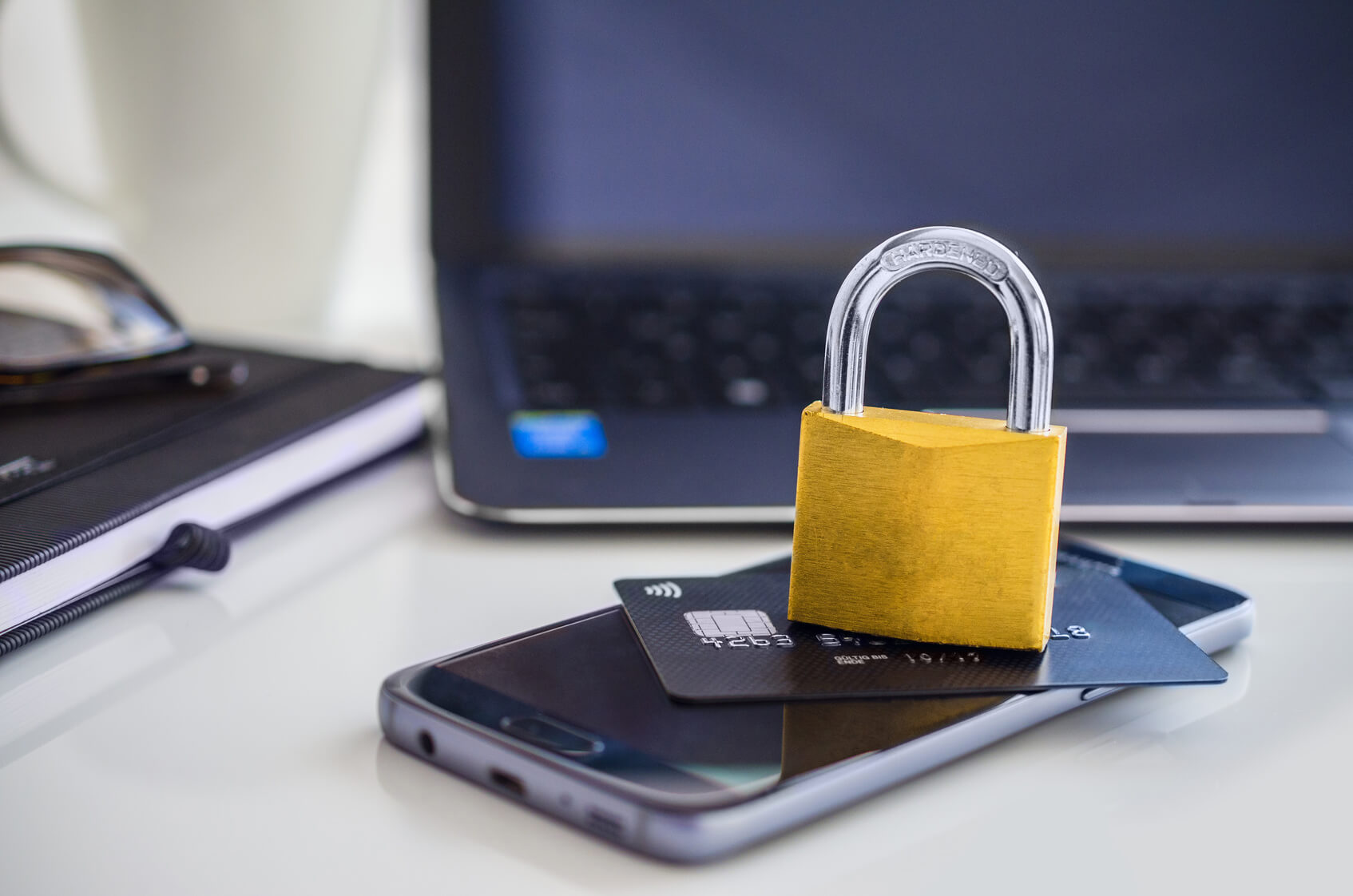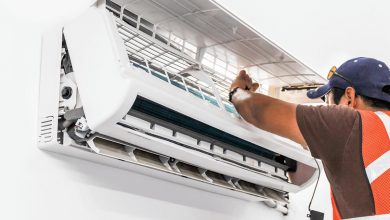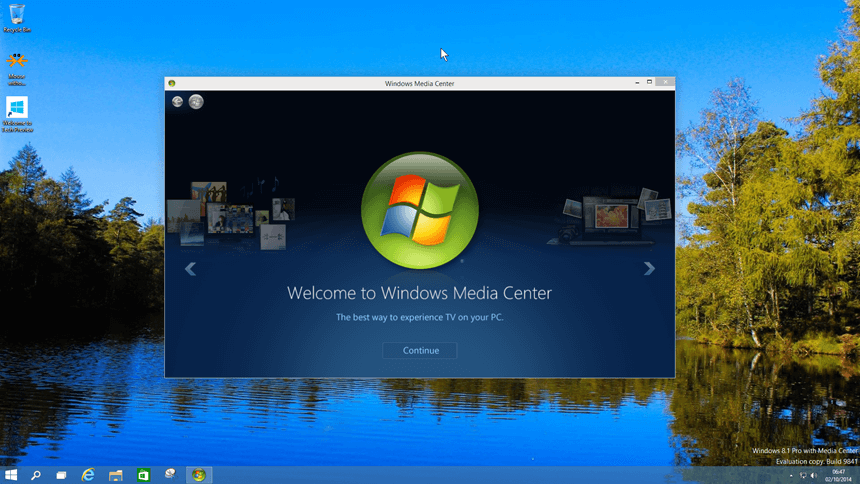3 Tips to Avoid Airline Scams – When Buying Airline Tickets Online

Travel scams are rife today, and airline scams are the most popular type of travel scam. Before going further, there’s one fact many seem to ignore; free airline tickets are scarce, in fact almost all free airline tickets you find online are scams.
The few free tickets airlines may give are usually part of loyalty programs.
Most scams that start with ‘Free’ will attract people and scammers know this, so if there is a good place to begin discussing airline scams, it is by looking at how they work.
Free airline tickets
Scammers have harnessed the power of social media to spread their scams. They do this by posting killer offers on social media like Facebook and Twitter. They also use paid ads quite often.
The story
Why would an airline want to give away free tickets? Many will ask the same thing, so airline scams often come with a story.
Anniversary
The anniversary story is one of the most popular: An airline has been in operation and profitable for ‘x’ years and would like to celebrate with everyone by giving free airline tickets.
That is a story many might believe because it sounds reasonable. Scammers will also add urgency to the promotion by setting a deadline when it will expire, or indicating that there are limited spots.
Sweepstake
Some scams will work like sweepstakes where after you have filled a survey, it is purportedly entered into a draw. Such are often hosted on scammers’ websites rather than social media. These sites are full of cybersecurity risks. Such scams can also spread on WhatsApp.
Sometimes after filling out the survey, the scam asks you to share the opportunity with friends so that you can receive your ticket. After sharing, you might also be asked to subscribe to the promotion with your phone number.
The message you send is to a premium number. This means you lose money by paying a hefty phone bill on top of losing data that scammers can use to steal from you.
The catch
To get the ticket you obviously need to give out your details to the airline. This is often by filling a form or completing a survey. The scammers will often add a line that the more you share the higher your chances of winning.
Those who fall into the trap and share these offers with their friends are inadvertently helping to promote the scam. Many friends will trust each other and fill such forms without realizing they are being scammed.
The Promise
This scam will either promise free airline tickets or hefty discounts that many will find irresistible. In some cases, they might also promise a free night at a destination.
What do the scammers get?
Money. The links that come in these attacks are used for phishing and malware attacks. Such attacks target private information to steal money or online accounts.
Milder scams do not seek to steal much from you; they are just being used for ‘like farming.’ By clicking on the links, you like a Facebook page unknowingly.
When the scam is a likejacking attack, the scammers may sell the info you have filled. This information might give the criminals access to your Facebook data including friends list. They can use this information to spread malware or phishing attacks to your friends, then their friends and so on.
How to avoid the free airline ticket scam
Reputable airlines will almost never ask you to like, retweet, share, or subscribe to their content. In many cases, the scammers use the authentic airline logo and create pages that closely resemble the real airlines, but they are fake.
1. Check legitimacy
For instance, a scammer might use a Qantas Airline page, yet Qantas’ page is Qantas Airways. Many will not notice the slight detail simply because it sounds right. The scammers might also change one letter in the spelling or use abbreviation like Qantas Air instead of the full name.
Fortunately, Facebook and Twitter will put blue checks of legitimacy against Facebook accounts of authentic corporations and celebrities. The first thing is to check for this sign of authenticity. If it is missing, that is a scam.
2. Heed warnings
Airlines also issue warnings on their websites, visit them by typing in their addresses rather than clicking on the links in the ads.
3. Do not fill unverified surveys
Avoid filling out surveys or promotions if you cannot ascertain that they are legit. Look at the website too, if it starts with HTTPS, and if the domain is authentic. Check for small spelling deviations and similar sounding names as scammers can set up such sites. This technique is also used for other types of scams like some tech support scams.
4. Buying tickets online
Some scammers just sell fake tickets rather than going the whole distance to set up elaborate scams. They also use irresistible offers to draw unsuspecting would be travelers.
Such scams are rife on Craigslist and other sites. Buy tickets from reputable booking sites or the airlines. Check out if the booking sites have authentic reviews showing that they sell real tickets.
Final Words
Airline scams feed on people’s love for freebies. It is not that hard to entice someone into following a trail that leads to something free.
By dealing with authentic airlines and following their social media pages, you can be sure that you are in the loop when they have promotions. Then you can ignore the other stuff that promises freebies if they do not come from these official accounts.









